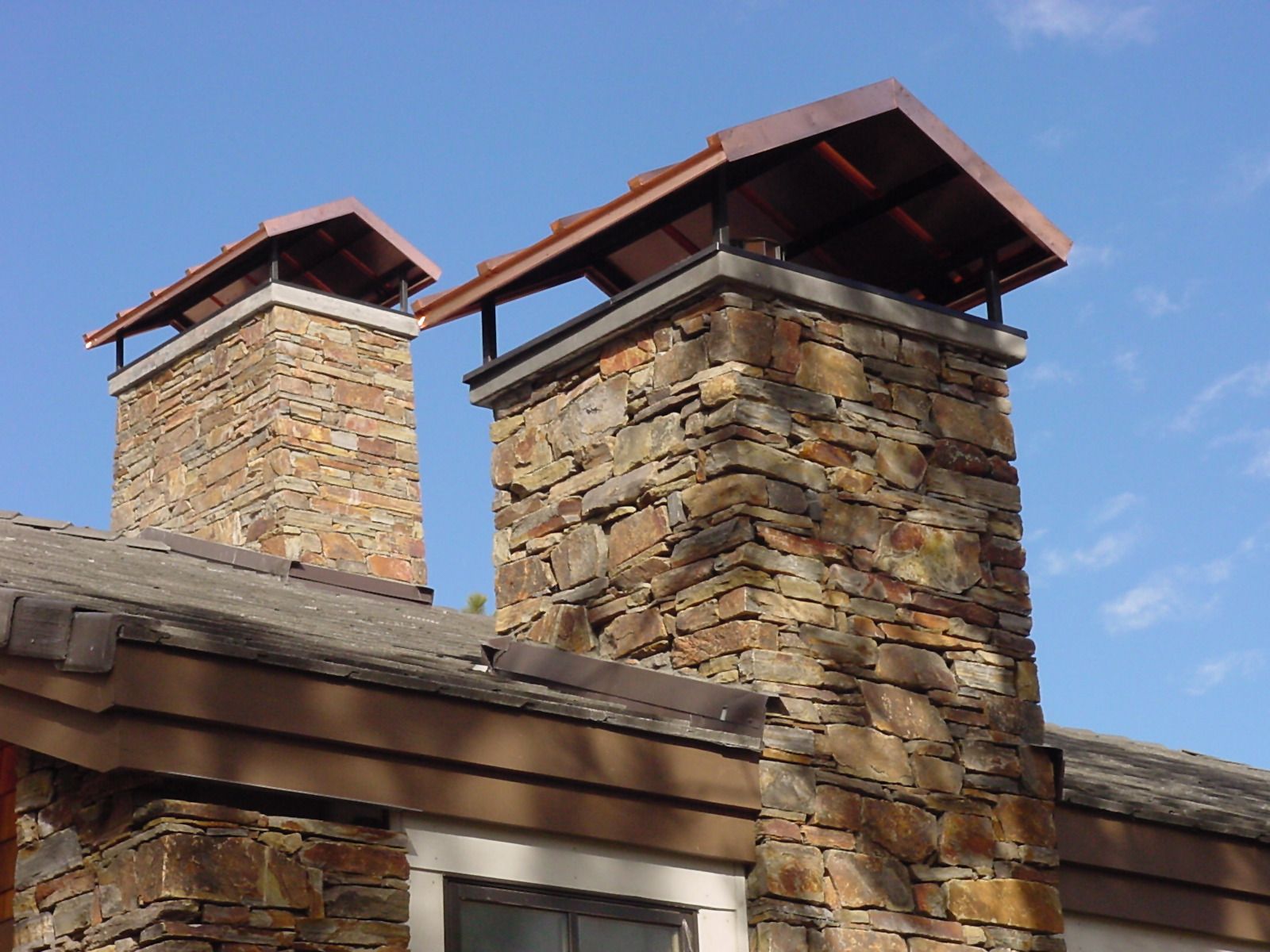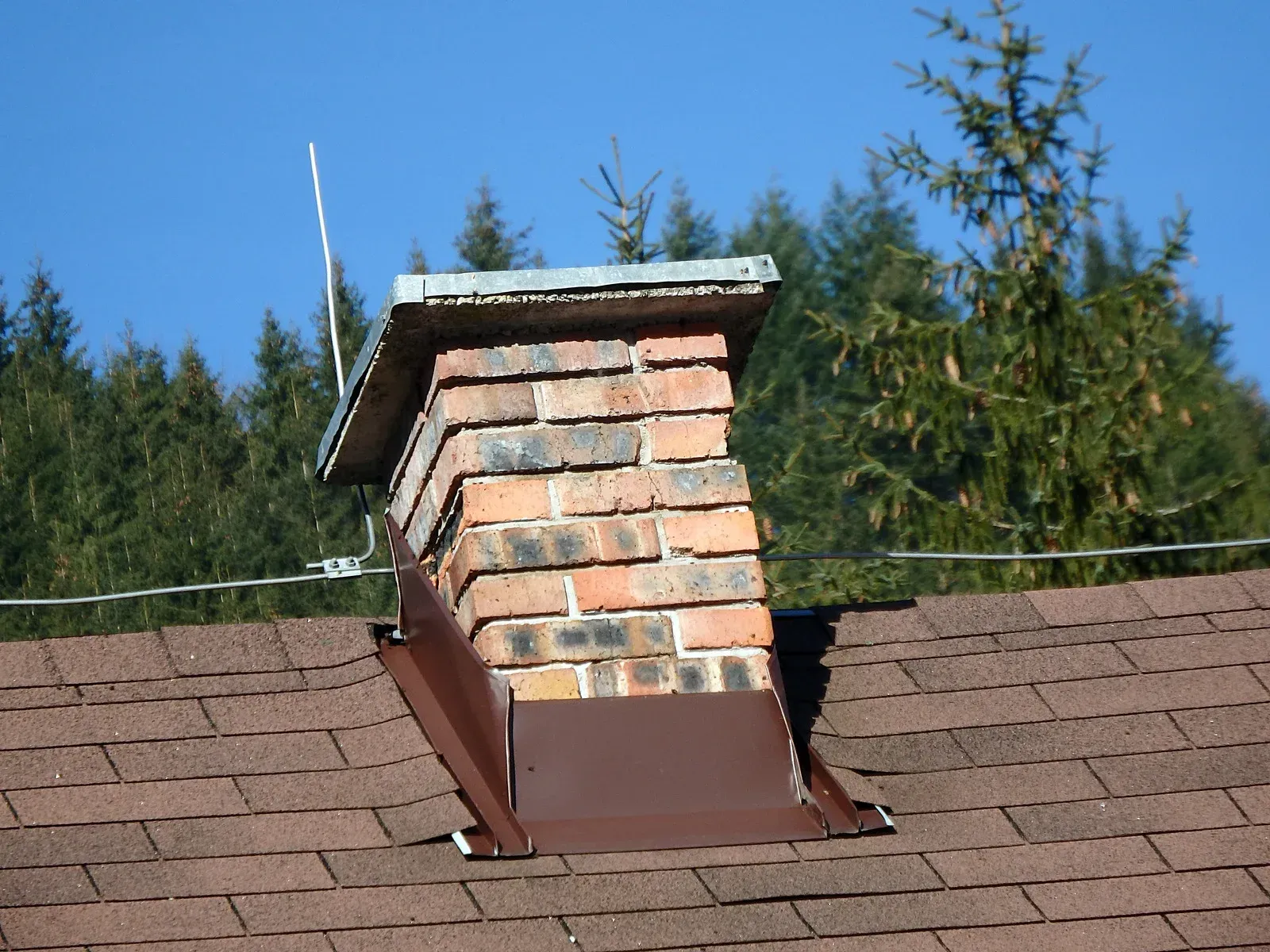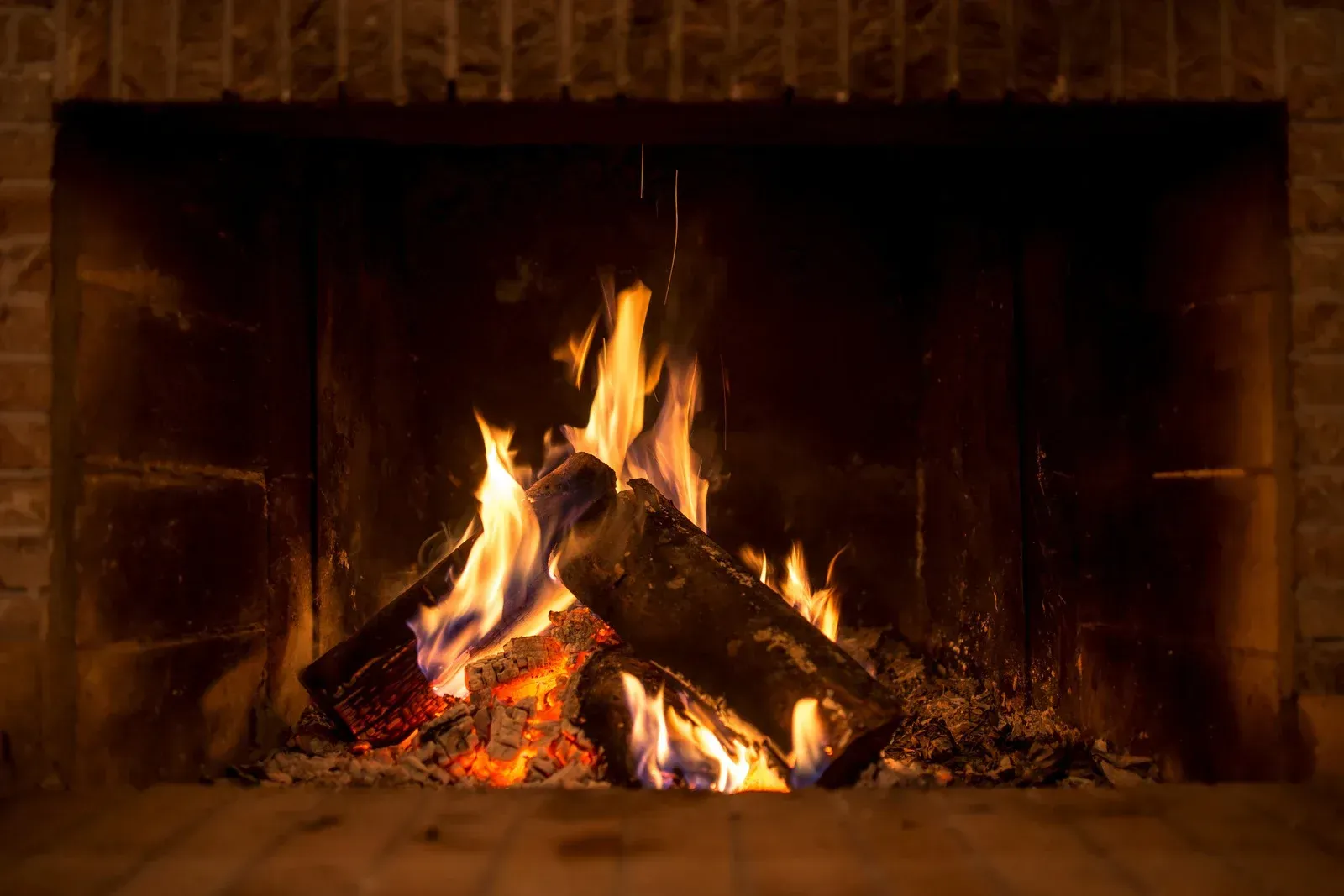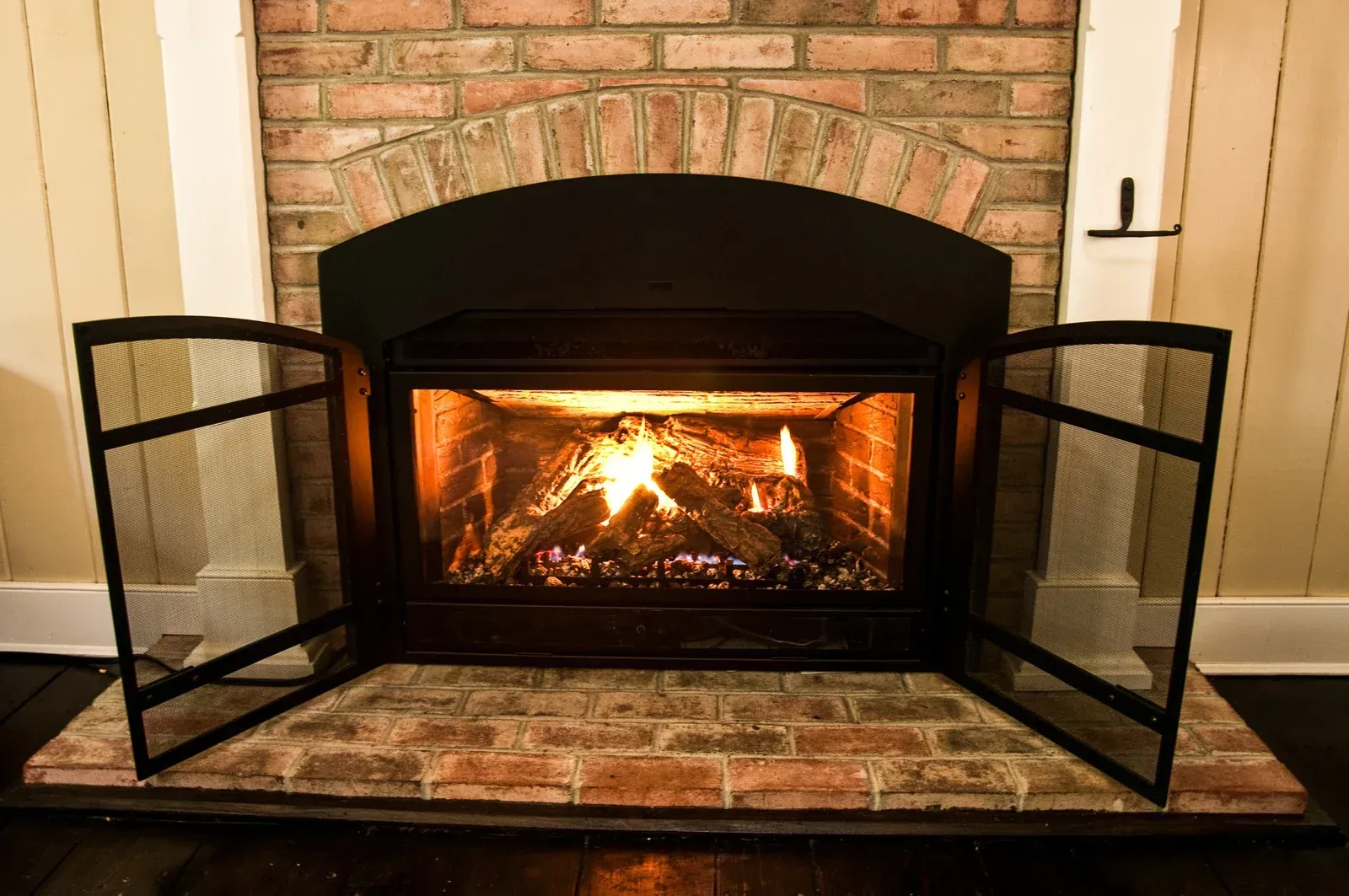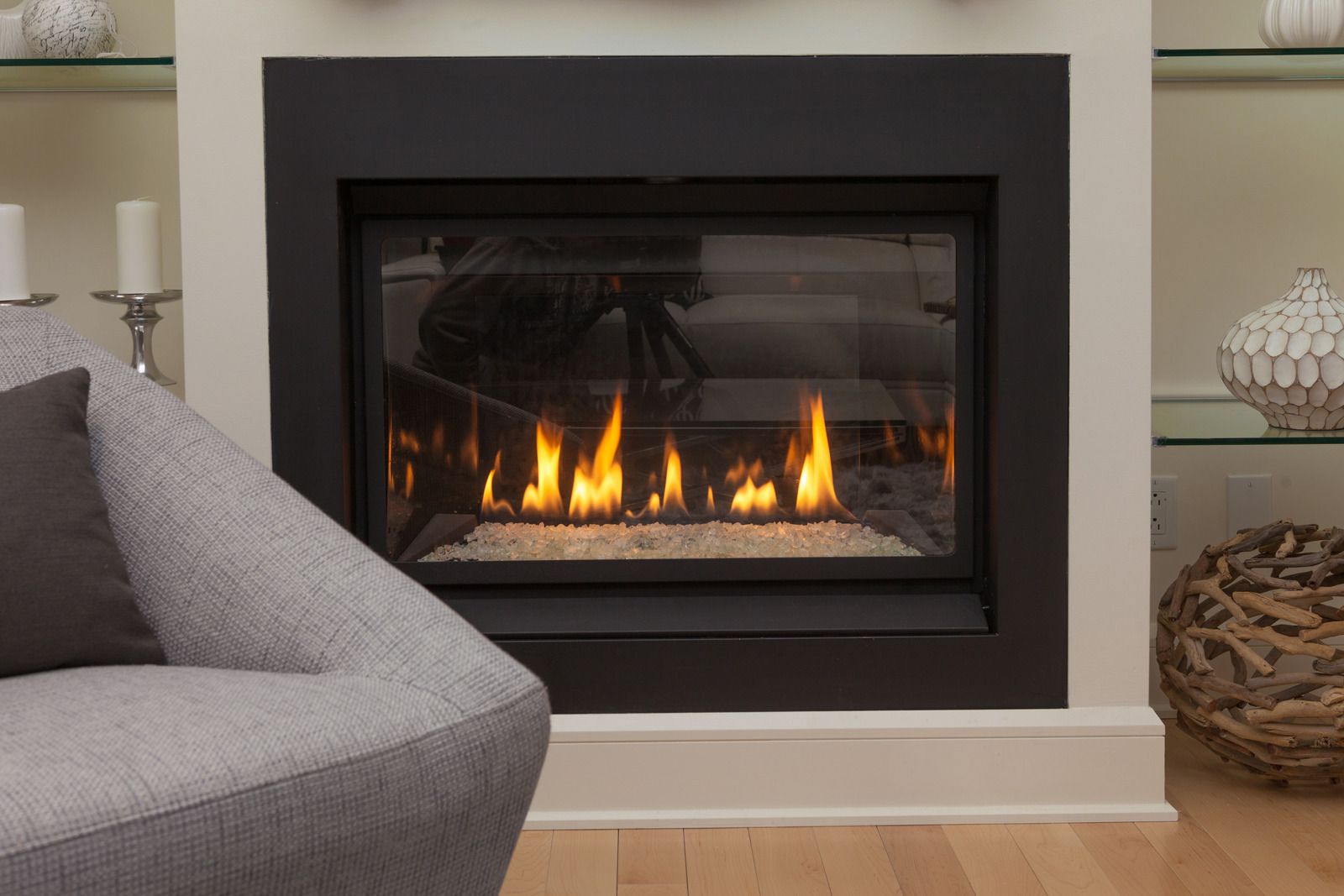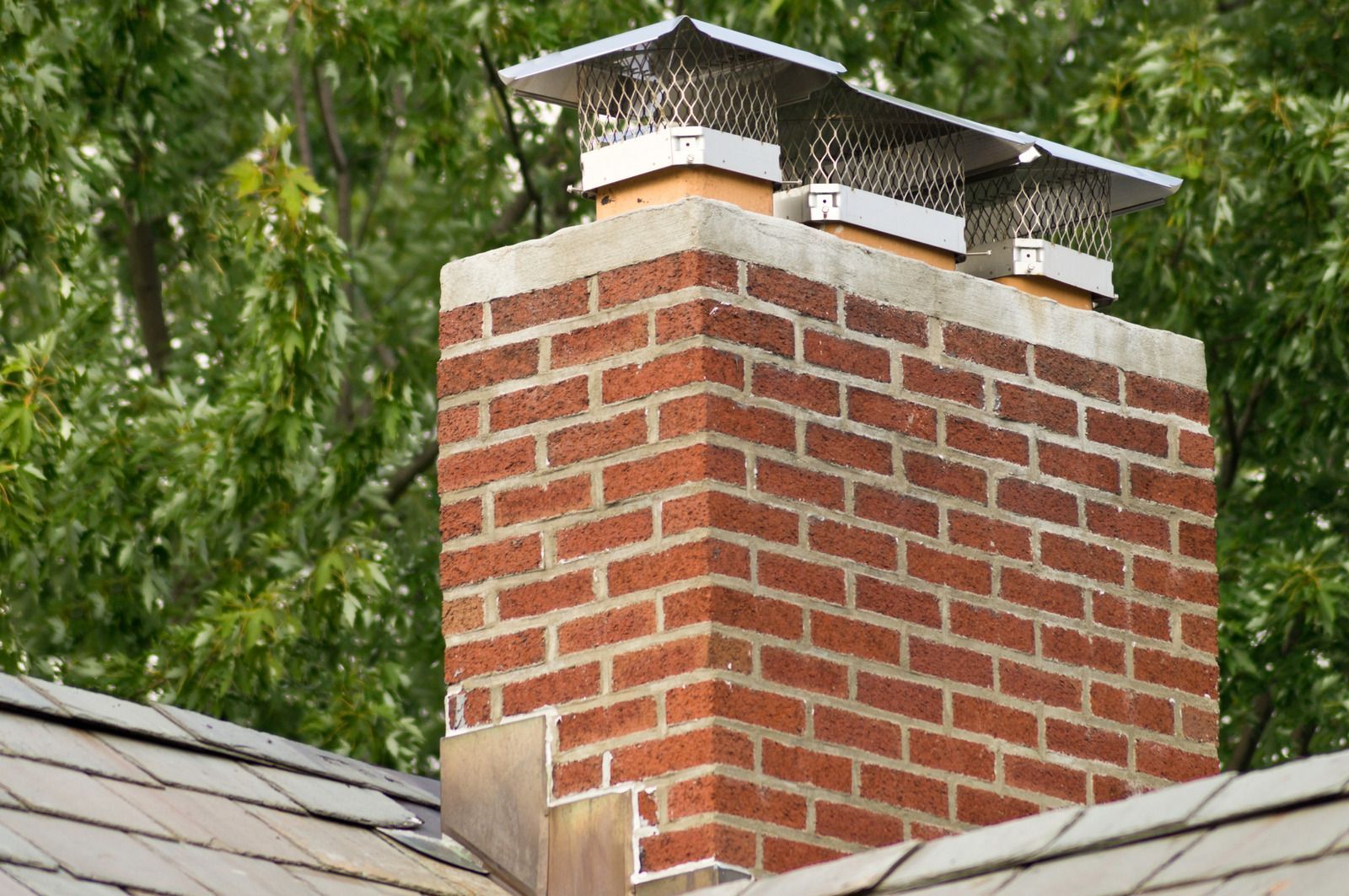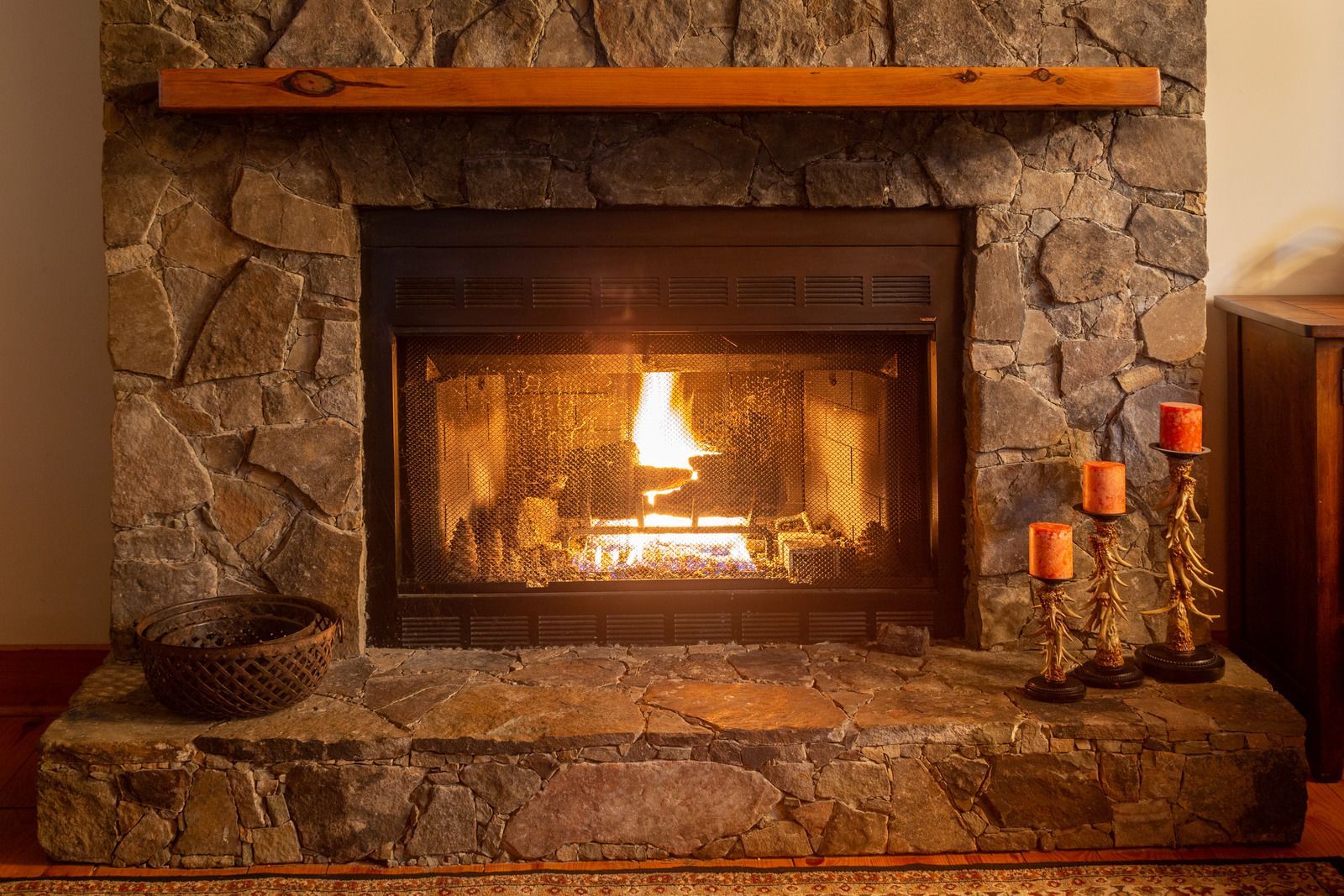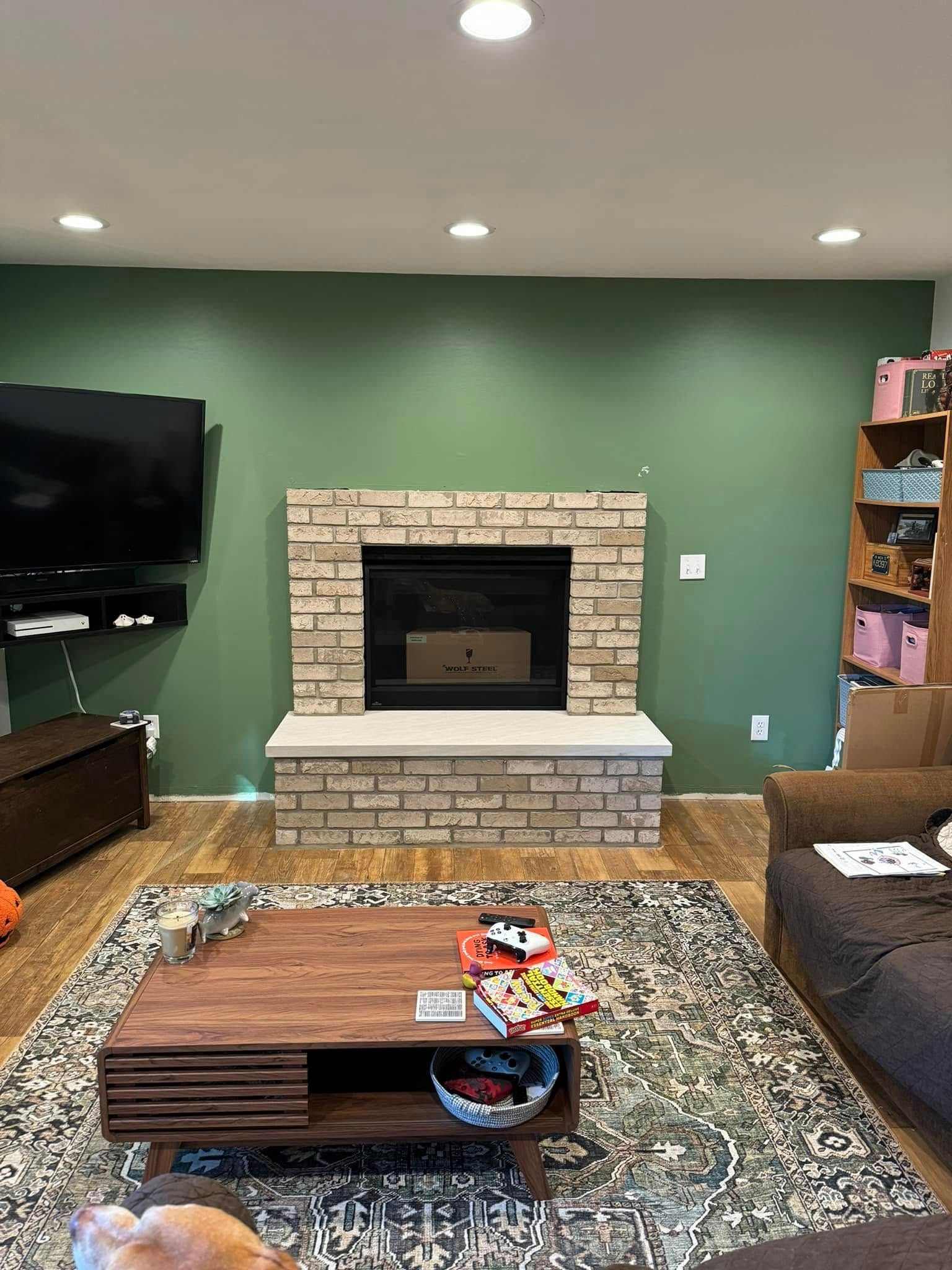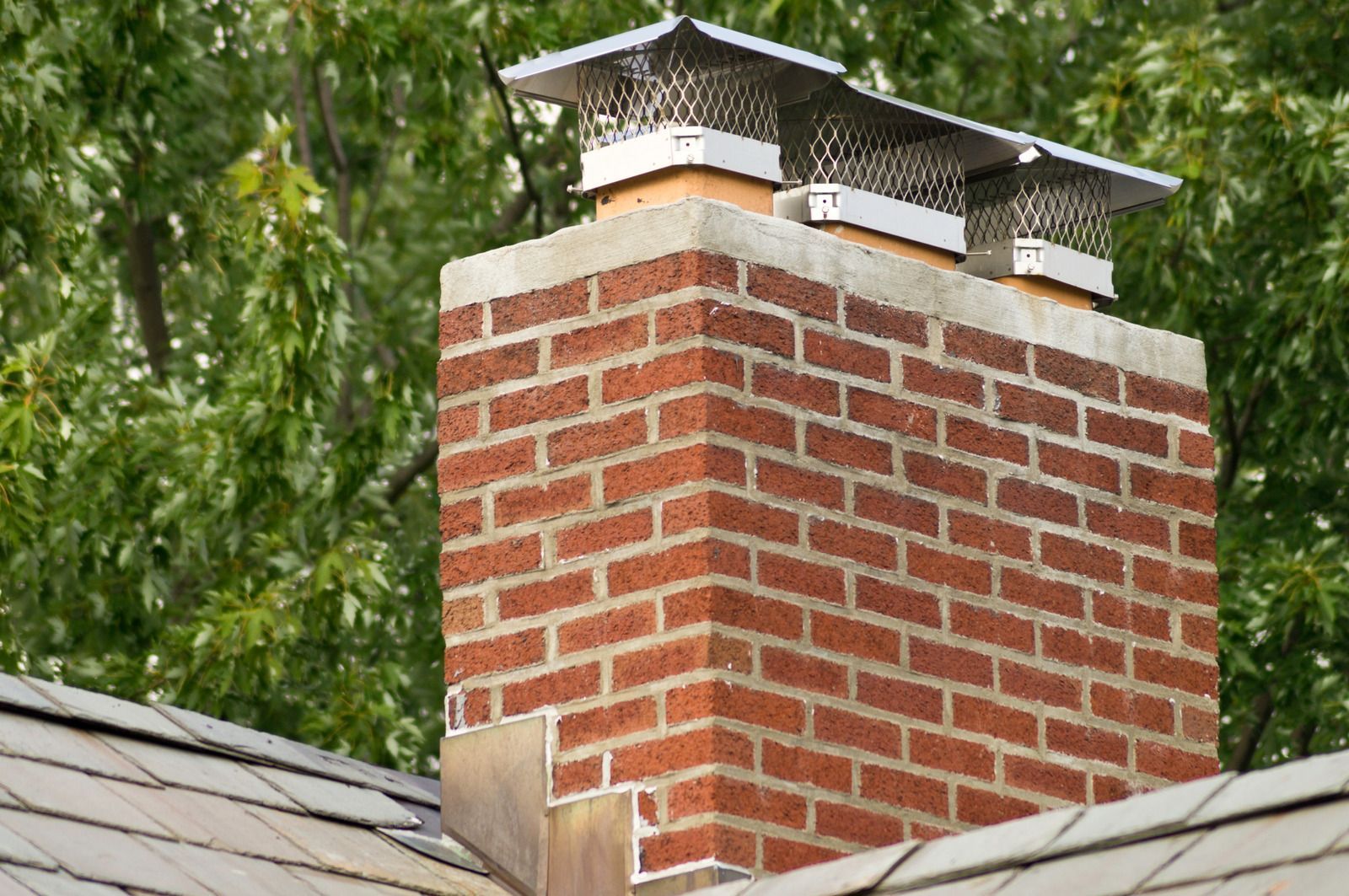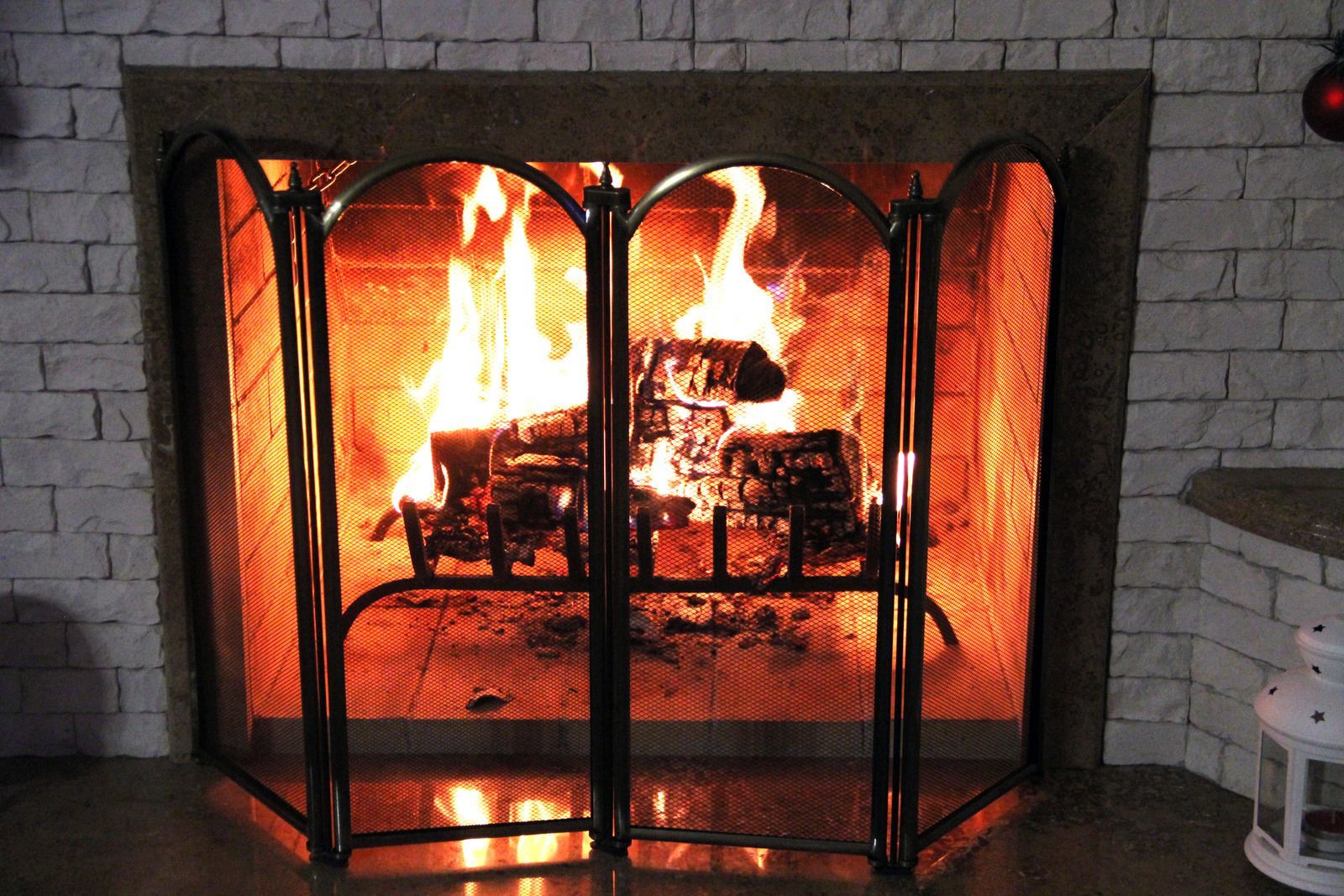How Chimney Fire Specialists Protect Your Home from Hidden Dangers
Chimney fires, often silent and undetected, pose a significant risk to homes and their inhabitants. They can cause extensive damage to the structure of a house and, in worst-case scenarios, lead to catastrophic fires. Chimney fire specialists play a vital role in preventing these dangers. This blog explores how these experts safeguard homes from the hidden perils associated with chimney fires.
1. Regular Inspection and Maintenance
The primary defense against chimney fires is regular inspection and maintenance. Chimney fire specialists conduct thorough inspections to identify potential risks, such as creosote buildup, structural damage, or blockages. Creosote, a highly flammable substance that accumulates in chimneys from burning wood, is a common cause of chimney fires. Specialists use tools and techniques to remove creosote and other obstructions, ensuring the chimney is clean and safe.
2. Advanced Cleaning Techniques
Chimney cleaning is not just about removing soot and debris; it involves advanced techniques to eradicate creosote buildup, which requires specialized equipment. Chimney fire specialists use high-powered brushes, chemical treatments, and vacuum systems to clean chimneys effectively. This process reduces the risk of chimney fires and improves the efficiency of the fireplace or wood stove, leading to better heating and reduced fuel consumption.
3. Structural Repairs and Upgrades
Over time, chimneys can develop structural issues such as cracks, loose bricks, or deteriorating liners. These issues can compromise the chimney's safety and increase the risk of fires. Chimney fire specialists assess the chimney's structural integrity and perform necessary repairs. They may also recommend upgrades like installing chimney liners or caps, which protect against fire hazards and prevent animals or debris from entering the chimney.
4. Educating Homeowners
One of the key roles of chimney fire specialists is to educate homeowners about safe chimney and fireplace practices. This includes advising on the right type of wood to burn, properly using and maintaining fireplaces, and the importance of regular chimney inspections. Specialists empower homeowners to play an active role in preventing chimney fires by educating them.
5. Installation of Safety Devices
To further mitigate risks, chimney fire specialists may install safety devices such as smoke and carbon monoxide detectors near fireplaces. These devices are crucial for the early detection of problems, providing homeowners with timely alerts in case of a malfunction or fire. Specialists ensure these devices are correctly positioned and functioning properly for maximum safety.
6. Compliance with Safety Standards
Chimney fire specialists ensure that chimneys and fireplaces comply with local safety standards and building codes. This compliance is crucial, as it reduces the risk of fires and ensures that the home is covered by insurance in case of an accident. Specialists stay updated with the latest codes and standards, applying this knowledge during inspections and repairs.
Conclusion
Chimney fire specialists are essential in protecting homes from the hidden dangers of chimney fires. They provide comprehensive protection through regular inspections, advanced cleaning techniques, structural repairs, homeowner education, installation of safety devices, and ensuring compliance with safety standards. Homeowners are encouraged to engage the services of these specialists regularly to ensure their homes remain safe and secure from the risks associated with chimney fires.
